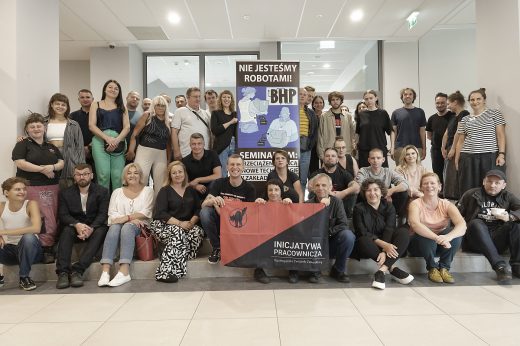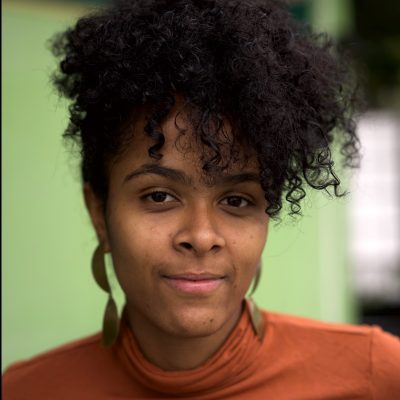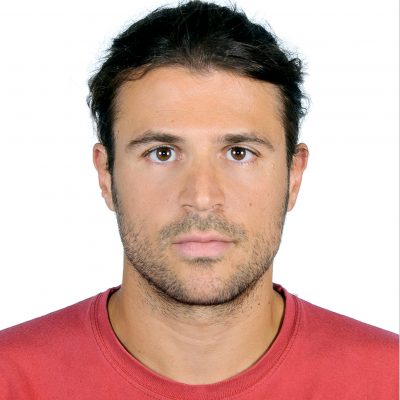Article
The project ‘Workers fight back algorithms!‘ documents the link between technologically mediated work intensification and workers’ health and safety. The project is conducted under the auspices of Marta’s union, OZZ Inicjatywa Pracownicza. It involves logistics and production employees at workplaces like Amazon warehouses in Poland, where she previously worked and continues to organize, as well as others located across Poland, where the union is present.
Firstly, the project comprises of research with workers to probe the nature of their work, the use of technology at their workplaces, productivity rates, data collection, surveillance, health concerns, workplace accidents, and psychological well being. The purpose is to compare data and incite discussion about work intensity and its link to health and safety.
Next, the project examines the legal tools available to workers to make their workplaces safer. These include: the right to information about work processes, workers’ involvement in assessing health and safety risks, engaging government agencies to measure such risks, energy expenditure as a measure of unsafe work, shop stewards’ right to stop unsafe work, legal regulations on the collection of personal data, surveillance, and the right to refuse dangerous work (safety strikes).
A final aim of this project is to refine strategies that allow workers a voice on the job.
Finally, the end result will be a published handbook for workers containing knowledge gathered throughout the project. A final aim of this project is to refine strategies that allow workers a voice on the job, to create the collective capacities to engage democratic processes off the job as well.
Project Updates

In September 2023, Martha organized a seminar presenting her research findings and generally exploring work intensification and workers’ health and safety. The event took place at the Jagiellonian University in Kraków, Poland.
The seminar was attended by 45 workers and organizers with the unions OZZ Inicjatywa Pracownicza (The Workers’ Initiative) and Sierpień ’80 (August ’80). Among the attendees were shopfloor organizers responsible for workplace health and safety (Społeczni Inspektorzy Pracy) from logistics and production workplaces in Poland, like Amazon warehouses, Avon warehouses, Jeremias warehouses, the Cooper Standard automotive parts factory, the Danfoss valve systems factory, and the Valeo thermal management systems factory among others.
- Read more about the in-person seminar here.
Updated September 2023
Further Resources
-
Marta Rozmysłowicz awarded the Social Justice Award
Senior Landecker Fellow Marta Rozmysłowicz was awarded the Social Justice Award by LaborTech Research Network.
-
Marta Rozmysłowicz in Spider's Web magazine
Senior Landecker Fellow Marta Rozmysłowicz was interviewed by the Spider's Web magazine.
-
"Workers fight back algorithms!" seminar
As part of her Action Project, Senior Landecker Fellow Marta Rozmysłowicz organized a seminar on work intensification and workers’ health and safety.




